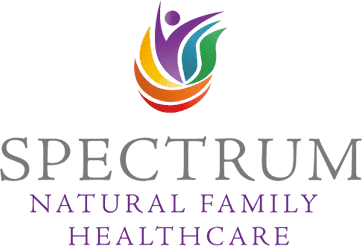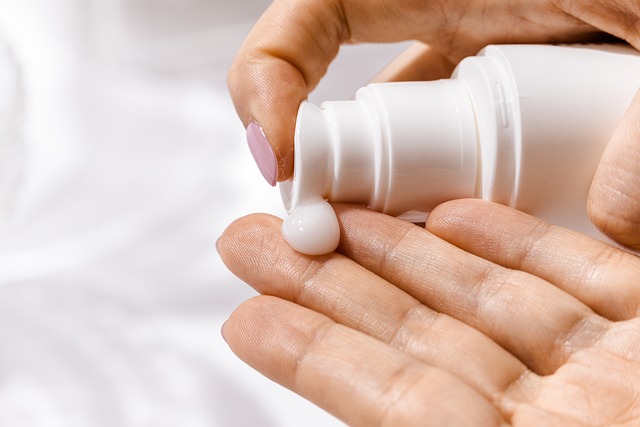Is your bathroom killing you?
By Bek Walker
You may not realize the cocktail of chemicals that can be found in the average bathroom – and we’re not just talking about cleaning products here – everyday personal care products can contain known carcinogens and chemicals that have the potential to harm your health over time. In fact, research suggests that your greatest risk of chemical exposure is in your own bathroom!
It’s also weighty to consider the environmental consequences of the choices we make, and that some the chemicals in the products we use do not break down in the water treatment process, and therefore end up threatening water quality, ecosystem balance and wildlife.
So let’s find out what some of the top offenders are, so you can start making more conscious choices about the products you decide to use.
Formaldehyde
Formaldehyde is used as a preservative and disinfectant in all sorts of personal care products, however is a toxin that affects brain and nervous tissue, can cause skin and respiratory irritation, and depresses immune function.
Parabens
Parabens are used as preservatives in products such as toothpastes, moisturizers and deodorants, however they mimic hormones in the body, interfering with the body’s natural chemical messages, and disrupting healthy hormonal function. (Parabens are found in all breast cancer tumours – AJ.)
Phthalates
Phthalates are a solvent and fragrance ingredient used in many cosmetics and personal care products. They have been banned in the EU, with toxic affects to the immune, reproductive and respiratory systems, and an endocrine disruptor.
Sodium Laureth Sulphate (SLS)
SLS is used for its ‘foam factor’ in many shampoo, bubble bath and liquid soap products, but is also found in toothpaste and mouth washes. The way it works is by breaking surface tension and separating molecules, so even though this helps to get a lather, it also is an irritant to skin, gums and mucous membranes. Another issue with SLS is that it can be contaminated with dioxane, a known carcinogen and nervous system toxin that we cannot metabolize or detoxify easily.
Fluoride
Fluoride in the form of sodium fluoride is a toxic waste product that is used as a rat poison. Fluoride also competes with iodine in our body, often displacing it, and harming thyroid function.
Mercury
Mercury is used as a preservative in products such as mascara, and can build up in our bodies having a negative effect on brain and nervous system tissue.
Triclosan
In antibacterial agent in deodorants, toothpastes, antibacterial hand wash, mouth washes. Toxic dioxins are produced during its manufacture, it is stored in breast milk and in fish and can break down in water to create a member of the dioxin family (known carcinogens).
Toluene
A common solvent in nail enamels, hair gels, hair spray, and perfumes. It is a neurotoxin and xeno-oestrogen and can damage the liver, disrupt the endocrine system and cause asthma.
These are just some of the major ones.
So check your labels, and go for products and brands that are made from organic and plant-based ingredients instead of synthetic chemicals, and avoid anything with “fragrance” or “perfume”. There are some wonderful new companies arriving on the scene that are offering some truly beautiful and natural products. Just beware of marketing hype and make sure any natural claims are for real.
By making more conscious decisions about the personal and cleaning products you decide to use, you will be reducing your toxic load and protecting your future health, as well as the health of the planet.
Image by AdoreBeautyNZ from Pixabay

